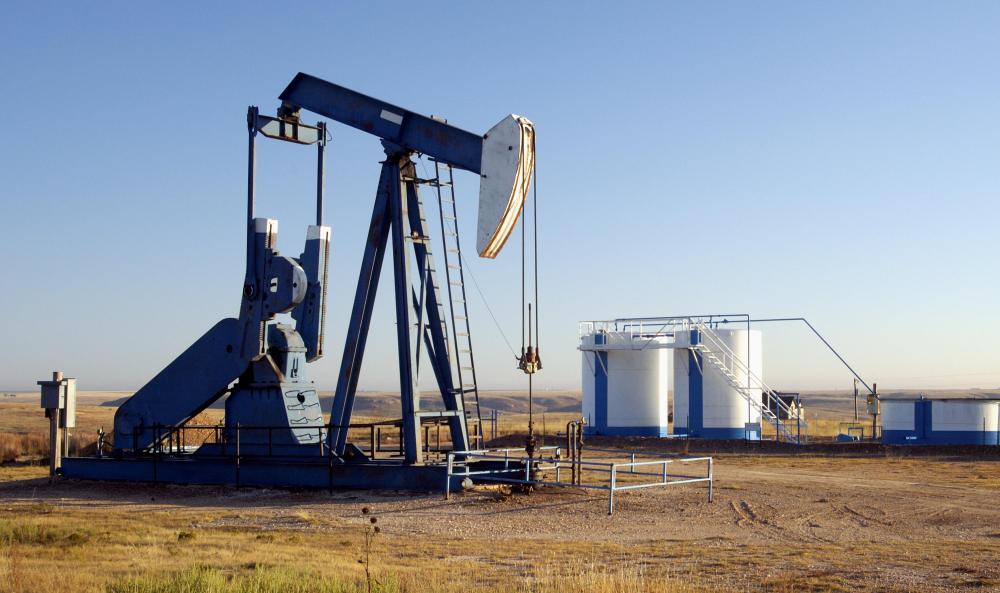At WiseGEEK, we're committed to delivering accurate, trustworthy information. Our expert-authored content is rigorously fact-checked and sourced from credible authorities. Discover how we uphold the highest standards in providing you with reliable knowledge.
What Does a Petroleum Engineering Technician Do?
A petroleum engineering technician works with geologists and petroleum engineers to locate potential sites to extract natural gas and oil. Although a petroleum engineer has completed a four-year degree, an engineering technician may occasionally receive training on the job but most often holds a two-year degree. Depending on the nature of the operation, a petroleum engineering technician may conduct laboratory tests, gather geological samples or conduct measurements onsite. The technician may also prepare reports, enter data into a computer or perform preliminary scouting operations at sites under consideration for drilling.
Tests are required at all stages of a drilling operation from conception to shut-down, and a petroleum engineering technician is often the one responsible for most of them. Rock samples gathered at the site are subjected to laboratory tests to determine the likelihood that oil lies beneath the ground and to determine how difficult it will be to reach it. The composition of the oil must be tested to determine the impurities that will need to be removed. Test results are forwarded to the engineer, who is responsible for deciding on the precise techniques that must be used to extract the oil.

The petroleum engineering technician may also conduct tests at the drill site. For example, the tech may need to take pressure readings inside the well shaft or use sonic devices to determine how much further to drill. Temperature can be an important factor in safe operations as well as an indicator of progress, so the technician may be responsible for taking temperature readings at regular intervals.

No matter how many tests a technician conducts, the information is useless if it is not conveyed to the engineer in charge of operations. Technicians must prepare reports that are both accurate and timely. Such reports are normally prepared on the computer and may include charts, graphs, statistical tables and text. The petroleum engineering technician may also be responsible for inputting the data used by the engineers to prepare their own reports.

When acting as a scout, a petroleum engineering technician may locate the most critical rocks or soils to evaluate. An accurate map is often prepared to show the topography of the area and the precise locations from which samples were taken. Each sample is carefully labeled, and although some limited testing may be done on them in the field, the samples are normally taken back to the laboratory for further analysis.
AS FEATURED ON:
AS FEATURED ON:














Discuss this Article
Post your comments